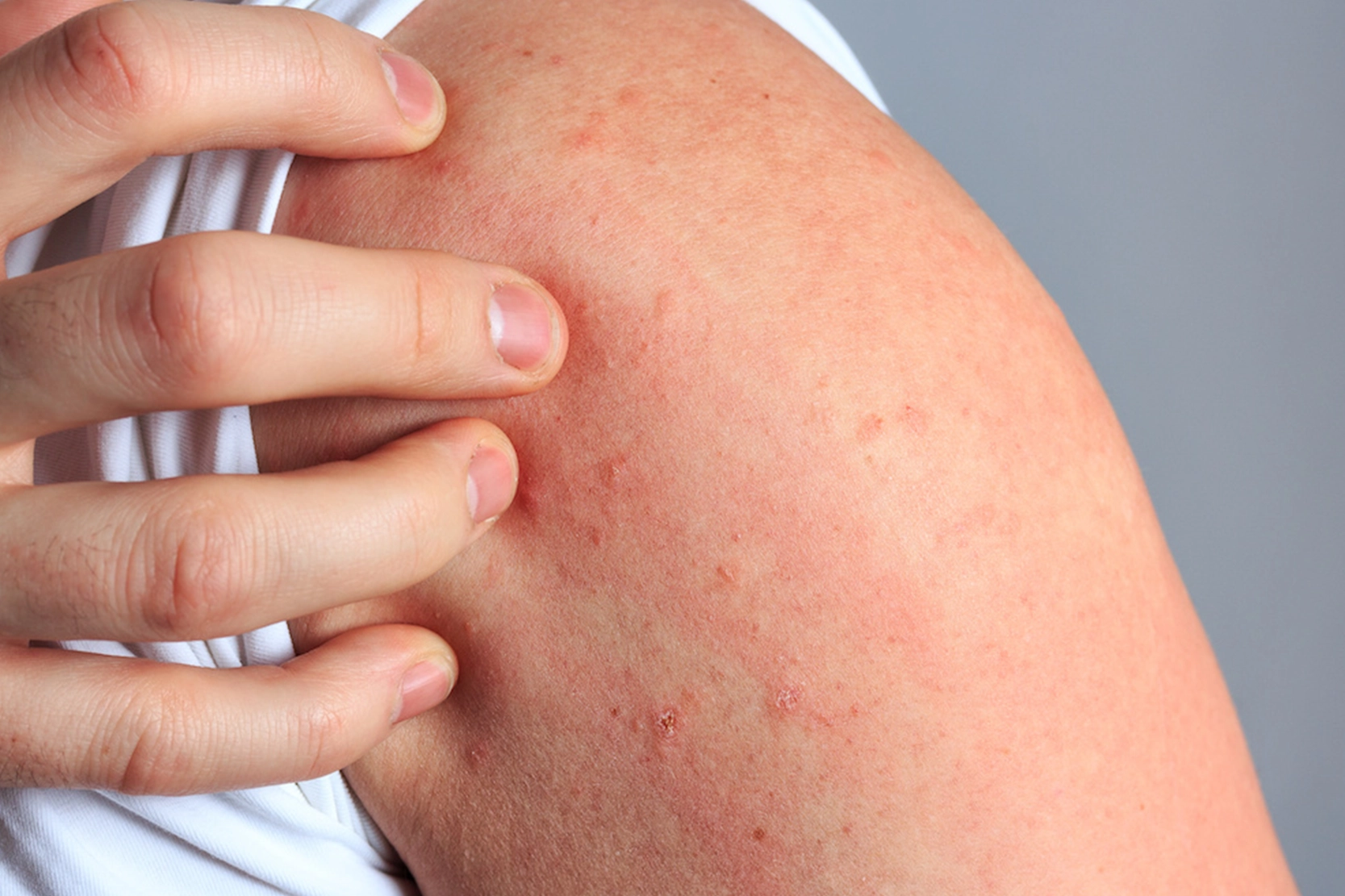HEALTH BLOG
Understanding Dog Respiratory Diseases: A Comprehensive Guide
-
Rahul Priydarss

T
he Dog respiratory diseases encompass a range of conditions affecting the respiratory system
Table of Contents
Introduction:
Dogs are not just animals; they are family members of our families. Ensuring their well-being involves understanding various aspects of their health, with respiratory health being of paramount importance. In this article, we’ll delve into the complexities of dog respiratory diseases, covering types, causes, symptoms, diagnosis, prevention, and holistic approaches.
What Is Dog Respiratory Disease:
Dog respiratory diseases encompass a range of conditions affecting the respiratory system, including the nose, throat, and lungs. These conditions can significantly impact a dog’s overall health and quality of life.
Importance of Respiratory Health in Dogs:
A dog’s respiratory system plays a vital role in maintaining optimal health. By understanding respiratory diseases, pet owners can proactively care for their dogs and ensure a happy, healthy life.
Types of Dog Respiratory Diseases:
- Kennel Cough
- Canine Influenza
- Brachycephalic Airway Syndrome
Now explain Dog Respiratory Diseases in short detail:
- Kennel Cough: Kennel cough, a highly contagious respiratory infection, is often encountered in places where dogs congregate, such as kennels or dog parks.
- Canine Influenza: Similar to the flu in humans, canine influenza can cause respiratory distress and other complications, requiring prompt veterinary attention.
- Brachycephalic Airway Syndrome: Breeds with flat faces, like Bulldogs and Pugs, are prone to brachycephalic airway syndrome, causing breathing difficulties due to their unique anatomy.
Causes and Risk Factors:
- Viral and Bacterial Infections
- Environmental Factors
- Genetic Predisposition
Now explain the causes and risk factors of Dog Respiratory Diseases in short detail:
- Viral and Bacterial Infections: Respiratory diseases in dogs are commonly caused by viral and bacterial infections, emphasizing the need for vaccinations and preventive measures.
- Environmental Factors: Exposure to environmental pollutants and irritants can contribute to respiratory issues, highlighting the importance of clean living spaces.
- Genetic Predisposition: Certain breeds are genetically predisposed to respiratory problems, necessitating careful breeding practices and early intervention.

Signs and Symptoms:
- Coughing and Sneezing
- Labored Breathing
- Nasal Discharge
Now explain in short detail:
- Coughing and Sneezing: Persistent coughing and sneezing are often early indicators of respiratory distress in dogs and should not be ignored.
- Labored Breathing: Laboured breathing or wheezing can signify underlying respiratory issues, prompting immediate veterinary attention.
- Nasal Discharge: Unusual nasal discharge may indicate infections or allergies, requiring thorough examination by a veterinarian.
Diagnosis and Dog Care:
- Physical Examination
- Imaging and Laboratory Tests
- Treatment Options
Now explain diagnosis and Dog Respiratory Diseases in short detail:
- Physical Examination: Veterinarians conduct thorough physical examinations to assess respiratory health, checking for abnormalities in breathing patterns and lung sounds.
- Imaging and Laboratory Tests: Diagnostic tools such as X-rays and laboratory tests help identify the root cause of respiratory issues, facilitating targeted treatment plans.
- Treatment Options: Depending on the diagnosis, treatment options may include medication, lifestyle modifications, and in some cases, surgery to address structural abnormalities.
Prevention Strategies:
- Vaccination
- Environmental Management
- Regular Veterinary Check-ups
- Vaccination: Routine vaccinations are key to preventing several respiratory diseases, underscoring the importance of following a vaccination schedule recommended by veterinarians.
- Environmental Management: Maintaining a clean and dust-free living environment reduces the risk of respiratory problems, especially in dogs with sensitivities.
- Regular Veterinary Check-ups: Regular veterinary check-ups allow for early detection of potential respiratory issues, enabling timely intervention and effective management.
Living with a Dog with Respiratory Disease:
- Lifestyle Modifications
- Medication Adherence
- Emotional Support for the Pet
- Lifestyle Modifications: Adapting the home environment to accommodate a Dog respiratory disease issues includes providing a comfortable resting space and minimizing exposure to potential triggers.
- Medication Adherence: Strict adherence to prescribed medications is crucial for managing respiratory diseases and ensuring the best possible quality of life for the pet.
- Emotional Support for the Dog: Understanding the emotional needs of a dog with respiratory issues is vital, with comforting routines and extra attention playing a crucial role.

Tips for Dog Owners:
- Recognising Early Signs
- Importance of Timely Veterinary Intervention
- Creating a Respiratory-Friendly Environment
- Recognising Early Signs: Educating oneself on early signs of respiratory distress empowers dog owners to seek prompt veterinary care, potentially preventing the progression of the disease.
- Importance of Timely Veterinary Intervention: Delaying veterinary care can exacerbate respiratory issues; prompt intervention increases the likelihood of successful treatment and recovery.
- Creating a Respiratory-Friendly Environment: Ensuring good indoor air quality, reducing exposure to smoke and pollutants, and providing adequate ventilation contribute to a respiratory-friendly environment.
Case Studies:
Real-life Stories of Dogs with Respiratory Diseases: Sharing real-life experiences of dog owners dealing with respiratory diseases sheds light on challenges faced and successful management strategies.
Lessons Learned and Shared Experiences: Reflecting on lessons learned from managing respiratory diseases in dogs fosters a supportive community and encourages shared knowledge.
Holistic Approaches to Respiratory Health:
Nutrition and Diet: A well-balanced diet rich in nutrients supports overall health, including respiratory function, promoting longevity and vitality.
Alternative Therapies: Exploring alternative therapies such as acupuncture or herbal remedies can complement traditional veterinary care, enhancing respiratory well-being.
Integrating Exercise for Respiratory Wellness: Regular, moderate exercise supports respiratory health by promoting cardiovascular fitness and maintaining optimal weight.

Frequently Asked Questions (FAQs):
Q- How can I prevent my dog from contracting respiratory diseases?
A- Preventing respiratory diseases involves vaccination, maintaining a clean environment, and regular veterinary check-ups.- Advertisement -Q- What are the common misconceptions about dog respiratory health?
A- Common misconceptions include assuming only certain breeds are at risk and neglecting the role of environmental factors in respiratory health.Q- Can respiratory diseases in dogs be hereditary?
A- Yes, certain breeds are genetically predisposed to respiratory issues, highlighting the importance of responsible breeding practices.Q- Is there a specific age group more susceptible to respiratory issues in dogs?
A- While respiratory issues can affect dogs of any age, older dogs may be more vulnerable, necessitating attentive care.Q- How often should I take my dog for respiratory check-ups?
A- Regular veterinary check-ups, at least annually, are crucial for detecting respiratory issues early and ensuring timely intervention.
-Remember, Always consult with healthcare professionals or Doctors for personalised advice related to medical conditions.
- Advertisement -
Some Customer Reviews:
As a devoted dog owner navigating the challenges of my furry friend’s respiratory disease, I feel compelled to share my experience in the hopes that it may help others facing similar circumstances.
My beloved canine companion, Max, a Labrador Retriever, was diagnosed with a respiratory condition last year. The journey has been both challenging and enlightening, and I’m grateful for the support we received from our veterinarian and the valuable resources available.
From the onset of Max’s symptoms, including persistent coughing and laboured breathing, I knew something wasn’t quite right. Our vet promptly conducted a thorough examination, which included X-rays and a nasal swab. The diagnosis revealed a respiratory infection that required a course of antibiotics.

Conclusion:
In conclusion, understanding and actively managing dog respiratory diseases are essential for providing our furry friends with a happy and healthy life. By recognising early signs, prioritising preventive measures, and seeking timely veterinary care, dog owners can play a proactive role in ensuring optimal respiratory health. Embracing a holistic approach that includes proper nutrition, alternative therapies, and exercise further enhances the well-being of our canine companions.
Previous Post





